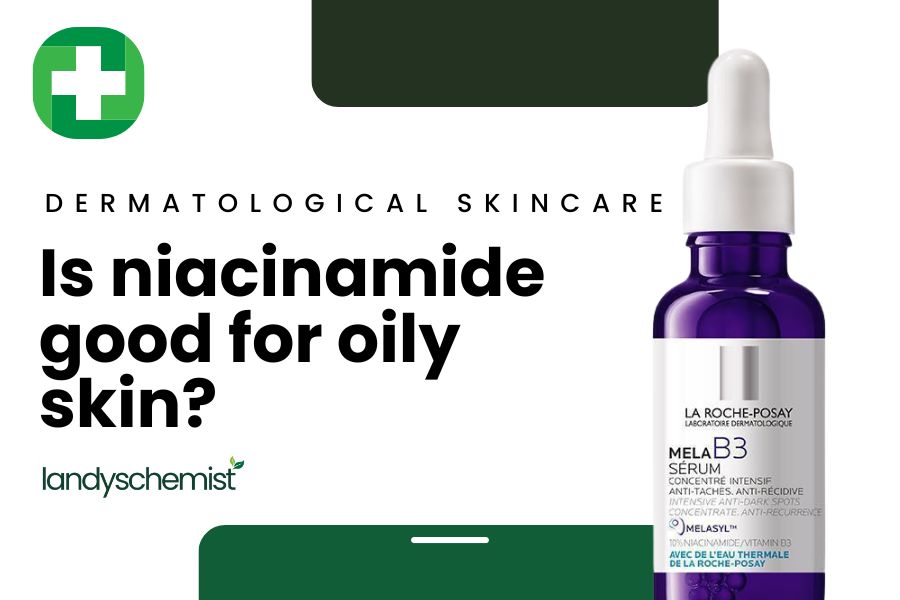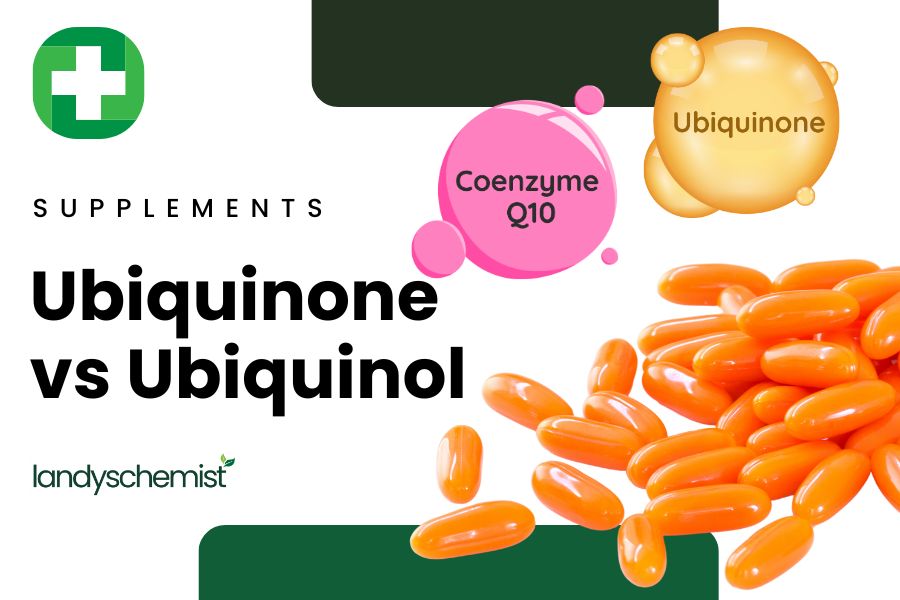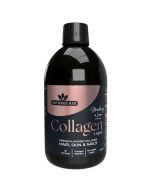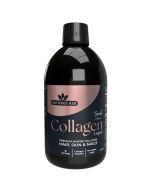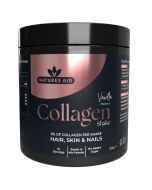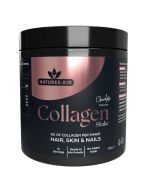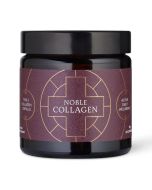
Collagen: What Is It & What Is It Good For?
By Neesha Desai, Pharmacist (GPhC 2071387)
Did you know that up to 35% of all body protein content is made up of one type of protein?
That’s collagen. Collagen does a lot in our bodies – far beyond keeping our skin looking young – and it is a complex protein that we need to stay fit and healthy.
In this article, we look at what exactly collagen is, how it works, the many ways it is used in the body and what nutrients allow our bodies to produce collagen.
What Is Collagen?

Collagen is a protein which is a key component of our connective tissue – the most widely distributed tissue in the body, which binds, holds, supports and strengthens other body tissues, as well as insulating and protecting the organs.
It makes up our ligaments, tendons, skin, joints, cartilage, bone and even the gut lining, blood vessels and our teeth! It is therefore absolutely vital to health and proper functioning of ALL body tissues and organs.
How Is Collagen Made?
Like any protein, collagen is made up of long chains of amino acids. However the high concentration of proline and glycine makes collagen quite unique. There are several steps and enzymatic processes in collagen synthesis, and by the end, we end up with a three-dimensional and adaptable structure. The important bit to remember here, is that those enzymes require vitamin C.
Without adequate supply of vitamin C this process won’t work efficiently, and without continuous collagen supply, we can end up with weak connective tissue and problems with our joints, skin, bones and so on. Each of those tissues, whether it’s your joints or your skin, are structurally different. Some are more elastic and stretchy (e.g. tendons) whereas others are tough and rigid (e.g. bone).
Apart from collagen, there are other important molecules that bind with each other forming a
distinctive blend of material, each with different characteristics and functions. These include hyaluronic acid, glucosamine or chondroitin. Collagen often forms the backbone onto which those other components attach. Collagen works in conjunction with minerals such as calcium, phosphorus and magnesium within bones.
Why Is Supporting Your Body’s Natural Collagen Production So Important?
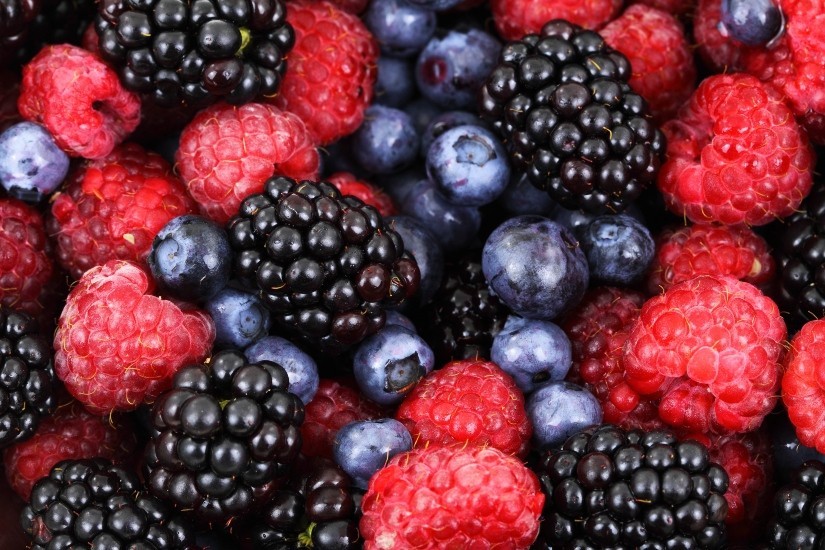
We need to support the body’s ability to produce collagen and prevent it from getting damaged because it plays a vital role in body function. To do this, we should ingest other nutrients to support general connective tissue health, many of which work directly with or because of collagen.
Here are some of the vitamins and minerals that work closest with collagen within the body.
Vitamin C
Vitamin C increases collagen synthesis by acting as a factor for hydroxylase enzymes. It is found in a huge amount of foods and drinks.
Rutin
Rutin is a flavonoid which has antioxidant properties. It supports circulation, decreasing blood vessel fragility and permeability. It can be helpful for thread and varicose veins and reduce the tendency to bruise easily. It is found in Ginkgo, apples and buckwheat and is readily available as a supplement too.
Hesperidin
Hesperidin helps to spare collagen in connective tissue and reduces inflammation. It is most commonly found in citrus fruits.
Hyaluronic Acid
Hyaluronic Acid is a viscous substance found in different types of connective tissue like skin and cartilage, muscles and organs such as the brain or eyes. It is also found in synovial fluid, helping to lubricate joints, reducing friction, and the skin epidermis. It has a vital protective role by providing hydration. It can reduce the appearance of wrinkles with significant improvements in skin lustre and suppleness. It increases skin moisture in people with dry skin, whilst long term supplementation may improve symptoms of osteoarthritis.
Rosehip
Rosehips provide more vitamin C than citrus fruits and have high antioxidant activity. Rosehips’ anti-inflammatory and antioxidant properties make it a potential agent for protecting joints and supporting osteoarthritis, by reducing degradation of joint cartilage.
Nucleotides
Nucleotides are organic compounds which are part of DNA and RNA, essential for cell division, repair and regeneration of damaged tissue. It is most commonly found in fish and meat, but also lentils and other pulses.
Glucosamine
Glucosamine (and related compounds like chondroitin) form glycosaminoglycans and prevent collagen degradation and free radical production. It occurs naturally in the body but can also be extracted from the shells of shellfish and made into supplements.
Antioxidants
Antioxidants such as berry/cherry extracts, grapeseed and pine bark reduce collagen breakdown.
Where possible, when managing your diet to support collagen production, you should be looking out for these nutrients. Some will be more readily available, like vitamin C or antioxidants, via berries. All All of those nutrients together are much more powerful than a single ingredient. Because of the abundance of collagen in the body, supporting its production can potentially have many positive effects on our health.
What Happens If We Lack Collagen?

Collagen supports the functioning of the body on a fundamental level. It promotes elasticity in the skin and muscles of the body which are key to healthy functioning. If we lack in collagen then the effects can range from minor to serious.
Common signs of weak connective tissue and a decrease in collagen synthesis within the body include:
- Decreased skin elasticity – this leads to sagging skin, wrinkles and easy bruising.
- Joint problems – this can range from stiffness in joints and pain to arthritis.
- More frequent sports injuries – a lack of collagen can increase the chance of injuries like torn ligaments.
- Broken facial capillaries – visual clues include the, so called, ‘spider veins’.
- Bone problems – these can be quite serious, such as osteopenia and osteoporosis
- Rare conditions such as Benign Joint Hypermobility Syndrome (BJHS) and Ehlers-Danlos Syndrome –which are caused by genetic mutations which disrupt the structure, production, or processing of collagen.
- Intestinal permeability – a.k.a. ‘leaky gut’, an uncomfortable condition.
It is also worth noting that if you have an inflammatory condition, there is a higher chance of collagen damage.
Collagen Supplements
Our body produces various types of collagen, for example: type 1, 2, 3 and so on. However, type 1 forms the vast majority of body collagen.
Although we can buy collagen in powders or supplements, it is not guaranteed that it will be used properly in the body, because it is quite a big molecule and it gets broken down in the stomach, rendering it less useful. That’s why it is important to get the right type of collagen supplement, with proven benefits.
Marine Collagen, like Kiki Health Pure Marine Collagen Caps, display high resemblance to human collagen and is therefore easily absorbed through the gut wall and quickly delivered to the target tissues. It can improve skin elasticity, hydration and reduce the appearance of wrinkles. This form can also improve the synthesis of glycosaminoglycans (GAGs) – another component of joints, ligaments and tendons.
We also recommend Solgar Collagen Hyaluronic Acid capsules. During the ageing process, we tend to have reduced levels of hyaluronic acid in the body, which is linked to skin ageing. Collagen works with this to keep your skin elastic. These capsules also contain vitamin C which, as we mentioned above, is key to supporting collagen production within the body, so as a combination supplement this covers all the bases.
Hopefully this gives you the information you need to figure out how to support collagen production and find the right foods or supplements to do that. If you are looking to start supplements then we always suggest speaking to a nutritionist or your doctor before doing so, as they can help you to get the right doses and will be able to suggest how to marry any supplements with your current diet.
Read more: Everything you need to know about collagen (the complete guide)
This post was updated: 2nd October 2019
Disclaimer
The products offered are not intended to diagnose, treat, cure, or prevent any illness or disease, or to replace the advice of a medical professional. Results are not guaranteed and may vary from individual to individual.


